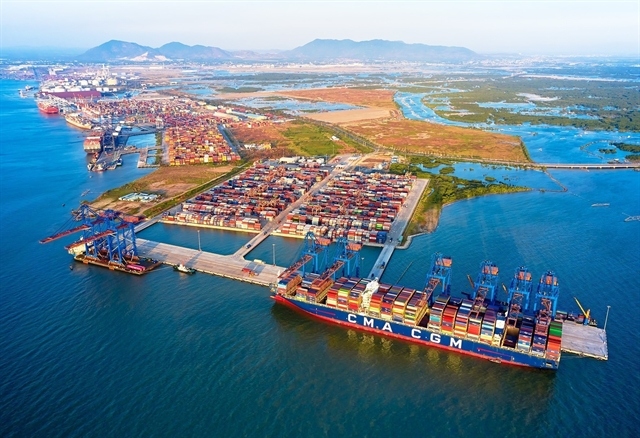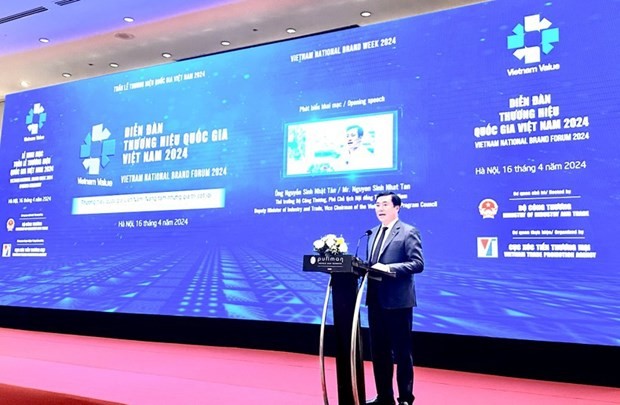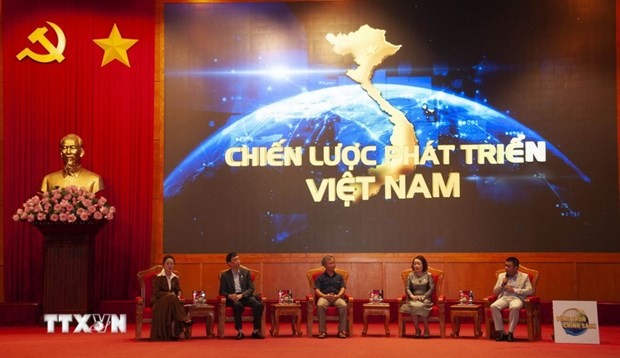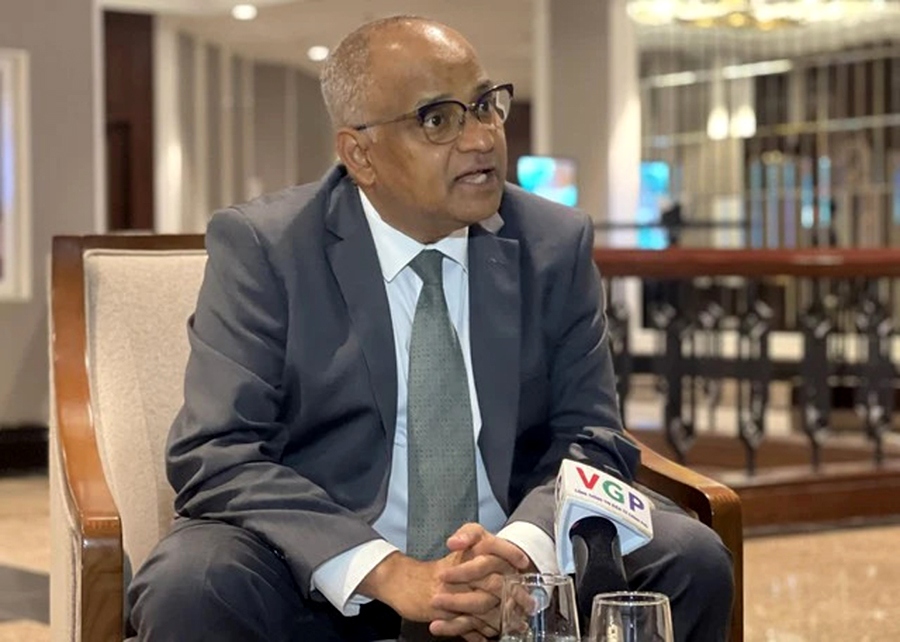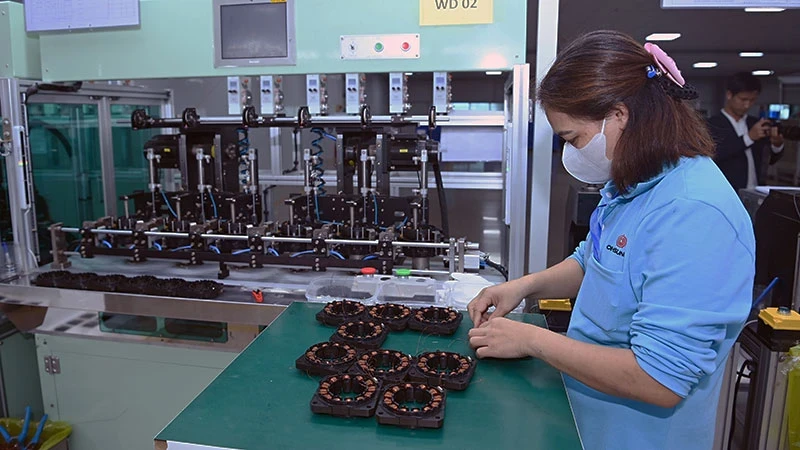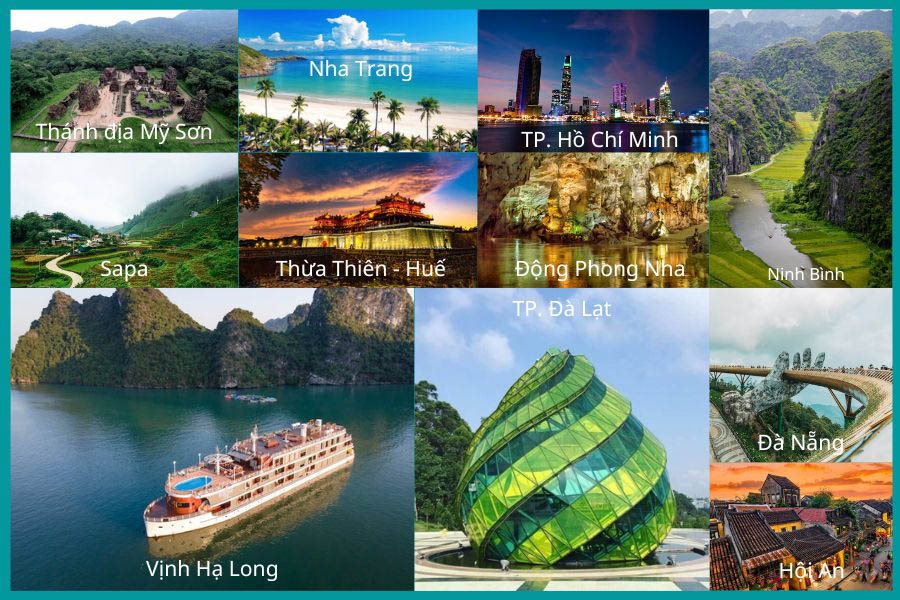Vietnam has yet to lose its advantage as an attractive destination for foreign investment flows, although in the short term investors are carefully considering their decisions, according to Nguyen Xuan Thanh, a lecturer of the Fulbright School of Public Policy and Management.

Along with the common trend of decreases in investment over the globe, unnecessary procedures, tax incentives, and low licensing are making investors hesitate. However, in the long term, the Vietnamese market remains a country with various advantages in terms of investment attraction, Thanh stressed.
Sharing this view, Michael Kokalari, chief economist at the investment fund VinaCapital, stated that the nation will continue to be a prime destination for FDI, particularly from multinationals looking to produce exports and seeking an alternative or additional manufacturing base to China, for the foreseeable future.
According to him, the new global corporate minimum tax (GMT) is unlikely to impede FDI inflows to the country, given the fact that tax incentives are not the primary attraction for setting up a factory locally.
In 2021, over 100 countries, including Vietnam, agreed to the Organization for Economic Cooperation and Development (OECD)’s proposal for the GMT that will impose a 15% minimum corporate tax rate on income for companies with consolidated incomes above circa US$850 million starting from this year.
The implementation of this agreement was subsequently delayed until 2024.
Some observers have also noted that planned FDI into Malaysia and Indonesia surged over the last two years, while Vietnam’s registered FDI was essentially flat.
However, investments into Malaysia and Indonesia were largely put into the production of goods that Vietnam does not make, including electric vehicle batteries.
Kokalari said that Vietnam had attracted far more than its “fair” share of FDI since trade tensions between the United States and China emerged in 2018.
The economist also mentioned Tim Cook’s visit to India in April, which spawned a plethora of articles outlining the intentions of Apple and others to build new factories there. However, it is important to note that most products of those factories will be sold in the Indian market. In short, new investments to India are not being motivated by the “China 1” investment strategy that has driven FDI inflow into the Vietnamese market over the last decade, particularly at an accelerated pace since the start of the US-China trade tension.
“We do not see India threatening Vietnam’s FDI inflow and continue to believe FDI is likely to remain one of Vietnam’s key growth drivers for years to come. The current wave of new FDI announcements in India should not be viewed as taking investment away from Vietnam,” Kokalari said.
Last month saw Apple supplier Quanta Computer sign an agreement with the People’s Committee of the northern province of Nam Dinh regarding developing a large-scale computer factory at My Thuan Industrial Park.
In February, Nam Dinh’s neighbouring province of Thai Binh also granted an investment license to a US$260 million factory of Compal, another partner of Apple.
Meanwhile, the US multinational technology company’s leading partner, Foxconn, is also set to build a project in the central province of Nghe An, following successes of its projects in northern Bac Giang and Bac Ninh provinces.
https://english.vov.vn/



